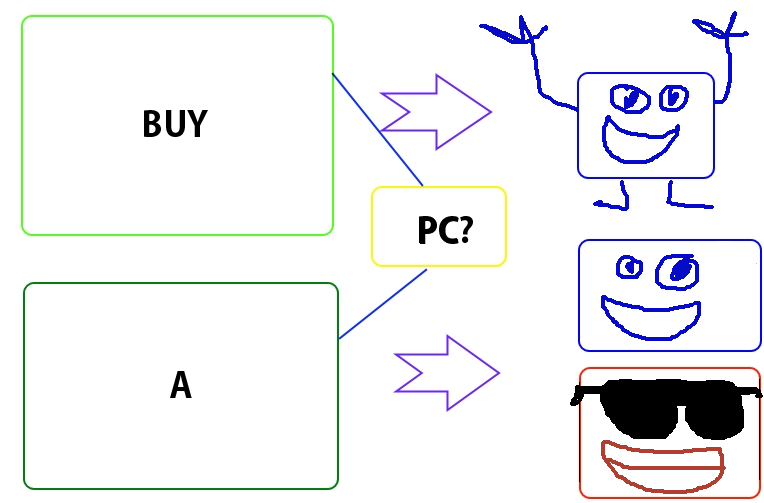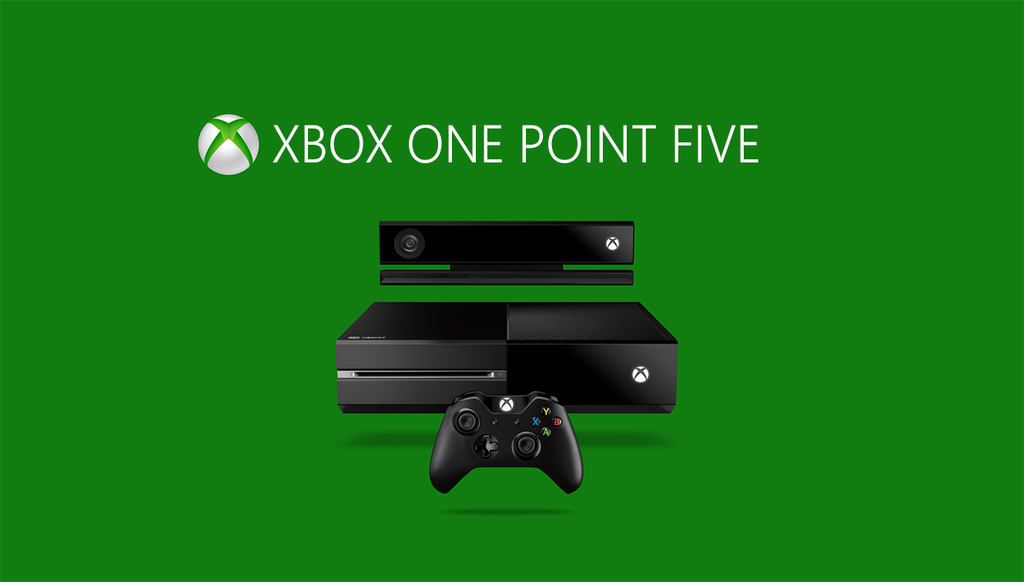So let's step back and look at why people make consoles in the first place.
Console Life:
- Spend X millions of dollars and years worth of engineering teams time researching and developing a new console design including the software, network, OS etc.
- Release console in Year 0 at it's highest MSRP with almost certainly its lowest margins so as to try and not hurt sales with too high a price. Spend millions on marketing and 10's of millions making exclusive games [over its life].
- In Year 2 or Year 3, after continued R&D at whatever expense it goes for you change over your supply lines and release/reveal a slim model at a lower cost but at equal or higher margins so as to further increase your install base
- Sometime after Year 5, the platform becomes a legacy platform that you lessen support for while gearing up for a new consoles life
During the entirety of a consoles life, a majority of profit from the endeavor is expected to come from royalties on game sales on your platform and from secondary services [PS+, Gold etc.]. The vast majority of this profit is almost assuredly coming from royalties on sales of 3rd party games.
Thus to maximize profit, the general strategy would be to
- have as large an install base as possible to maximize unit sales.
- have as many games available on your platform as possible to maximize individual users consumption of games which is basically maximizing unit sales.
- lower the entry cost into your console to improve point 1
- improve your margin over time on the hardware you sell
If a console maker chose to refresh their hardware with a shared library type of scenario that OP describes, every developer going forward would still have to port their game to the best of their ability to the original XB1 HW and then would either have to choose to devote more resources to ensuring a reasonable port relative to the hardware for the hardware refresh model or simply leave the initial port for both sets of HW.
One of the reasons publishers/developers like working with consoles is that it is a single set of hardware and works across every unit ever made [or should at least]. The approach in this thread which has been discussed before, adds more work for any developer that wants to do the new XB1 HW justice. How much work that is isn't clear but you can be sure that until the install base of the new HW is larger than the old HW, most developers will spend their time and resources making the old HWs port look as good as possible to please as many potential customers as they can. The logic for a refresh just doesn't play out unless perhaps a console maker is willing to pay/cover the additional resource costs of working on another set of hardware just for their console ecosystem.
Furthermore a console maker is incredibly disincentivized to do this as they now have two HW skus that they have to work with, have to try and develop good economies of scale for the production and manufacturing of the second new HW sku while maintaining the economies of scale for the older model [which I guess in this example is sticking around? lol] which now is competing with the more expensive model and thus less will be produced at higher per unit costs.




